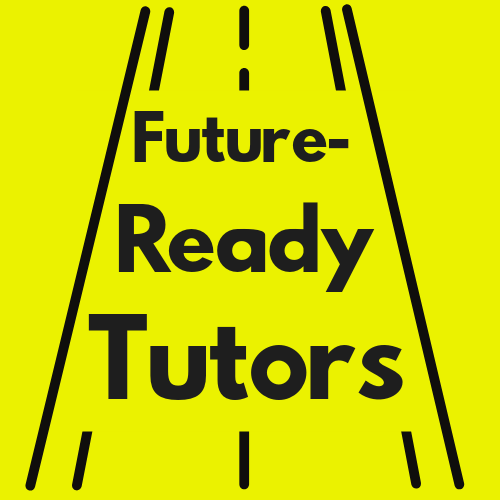Doing well in Maths is about practice. How much practice can make you better in Maths? Personally, I believe it’s like driving. You become good when your subconscious mind takes over.
Let me explain.
My driving experience…
When I just started driving on the road, it was confusing and very stressful. I had to pay attention to every sign on the road, how much I should turn my steering wheel, how hard I should step on the accelerator, when to turn into another road. I was always under the threat of other drivers who might honk at me. My shoulders muscles were tensed up and aching. I was exhausted at the end of a 20 km drive. Throughout the drive, I kept thinking that I was a moving disaster. Driving was a torture.
And I haven’t even started to talk about the parking part.
But now, I don’t think much when I drive. Everything happens without much conscious thought. My hands know how much to turn the steering wheel. My leg knows exactly how much force to exert. I know exactly what road signs to look out for and what to ignore. Driving is relaxing now; incidentally I have become a much better driver too.
Conscious and sub-conscious mind
What is my point? When I have to think about everything I do, I am using my conscious mind. When I am so seasoned and familiar with the task on hand, my subconscious mind takes over and things get done without me paying much attention to them. My conscious mind is logical, step-by-step, articulate. So is yours. That’s how we think, reason and make decisions. But more and more I am convinced that the real workhorse of the mind is our subconscious – the mysterious, involuntary, primal and unintelligible part of our minds. That’s the part of our brains that handles the coordination of thousands of our bodily functions everyday. Without our subconscious minds, we cannot even stand up straight. The coordination of the hundreds of muscles involved will confound our conscious mind even with such a basic action.
The two parts of our minds in doing Maths
In my experience, solving Maths problems involve both the conscious and unconscious mind. When we first see a Maths question, scan through the question, read it word-by-word and do a double take on the numbers; generally these are how we take in the information with our conscious mind. If the questions matches something we have done many times before, the subconscious mind takes over and the conscious mind moves on to other parts of the problem. For example:
John turns 2 years old today. He will be a tenth of his mother’s age in 1 years time. How old is John’s mother?
You will probably take a few seconds to a few minutes to digest and absorb the question. To try to figure out what this question is talking about. That’s your conscious mind doing its work.
The moment you ‘get’ what the question wants, your mind will go ‘Aha, this is easy, I’ve done this before’ and then you’ll proceed to solve it using your familiar methods, either by using algebra, drawing models, trial and error, etc. When you’re into familiar territory, your subconscious mind pretty much takes over. Of course, this is a simplistic view of how we switch from conscious to subconscious mind. what I notice is that when we are much better, more accurate and more relaxed when we do familiar Maths calculations, as compared to doing something for the first few times. That leads to the phenomenon of ‘practice makes perfect’.
Why knowing is not enough
In my experience as a Maths teacher, I believe that there is a big difference between ‘knowing’ and ‘performing’ when it comes to doing Maths, especially in tests and exams. Some of my students could perform very well in class but without sufficient practice on their own, they inevitably did not do so well in tests and exams. Some students could be slower to grasp an idea or a formula, but because they spent enough time to practice and really internalize the techniques in solving the questions, they were able to improve their performance. A rare group of students who were able to grasp things fast in class and yet bothered to put in the tedious hours to practice until solving the questions become a second nature to them – these are the ones who could really do very well.
How I do things differently now
In the past, I was quite relaxed about students telling me ‘Mr Lee, I understood this already, no need to give me so much homework la’. I thought, since they already understood, why bore them with more work and end up killing their interest in this already tedious subject? But many a times, these students would not fare very well in exams, their marks being pull down by careless mistakes, poor time management, etc.
Now I make it a point to share about what I think of driving and maths, of their conscious and subconscious minds and how they can harness the more powerful part of their minds in doing Maths. It is my wish that as they understand it, they will finally appreciate the wisdom of the old saying ‘practice makes perfect’.


[…] The day-to-day practices of maths sums serves a very important purpose, which is to delegate more and more calculation tasks to our subconscious mind. That frees up our conscious mind to think about other things. That is why the more practices one have, the more one can perform during exams. Read more about conscious and subconscious mind here. […]
LikeLike